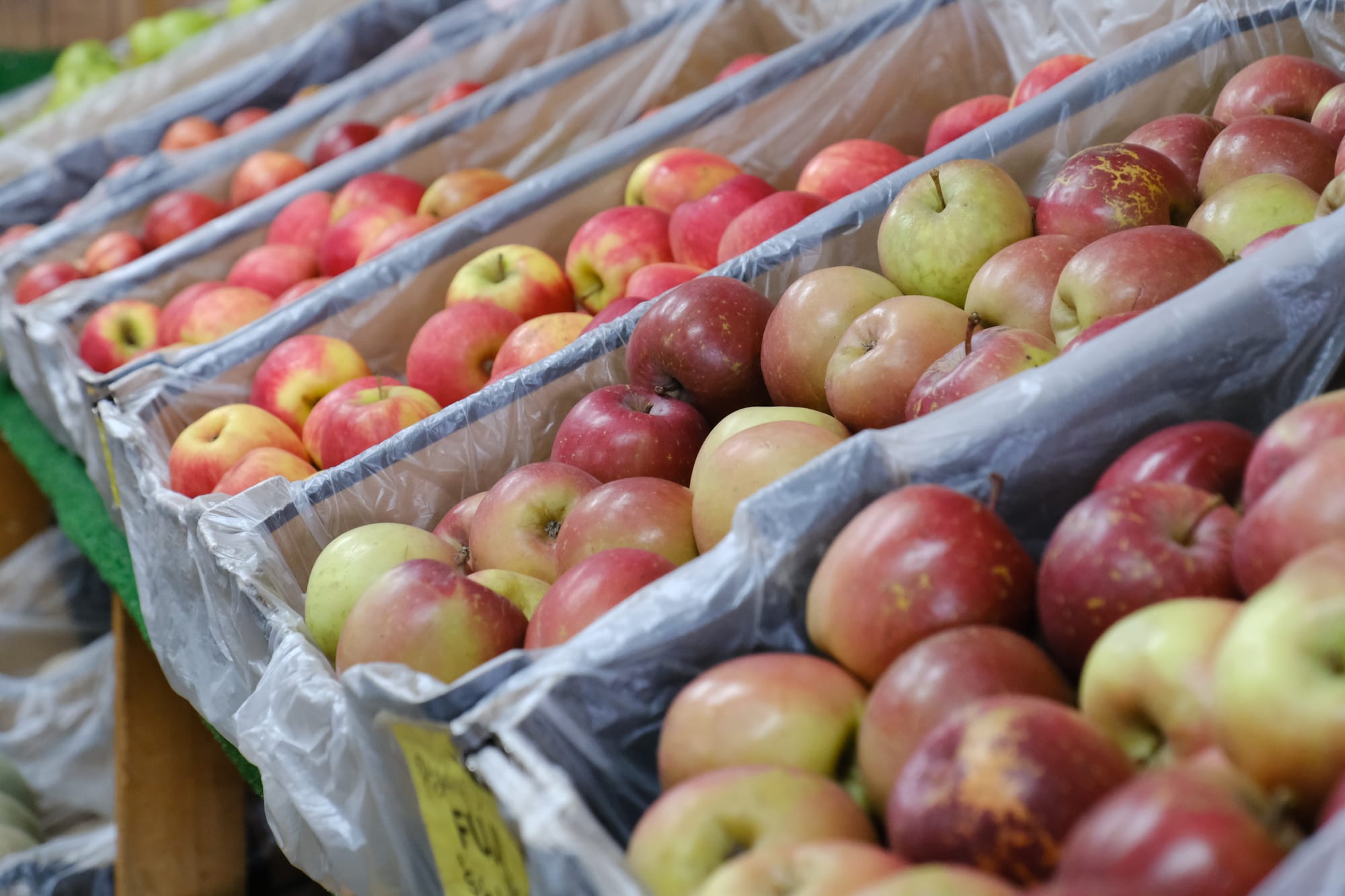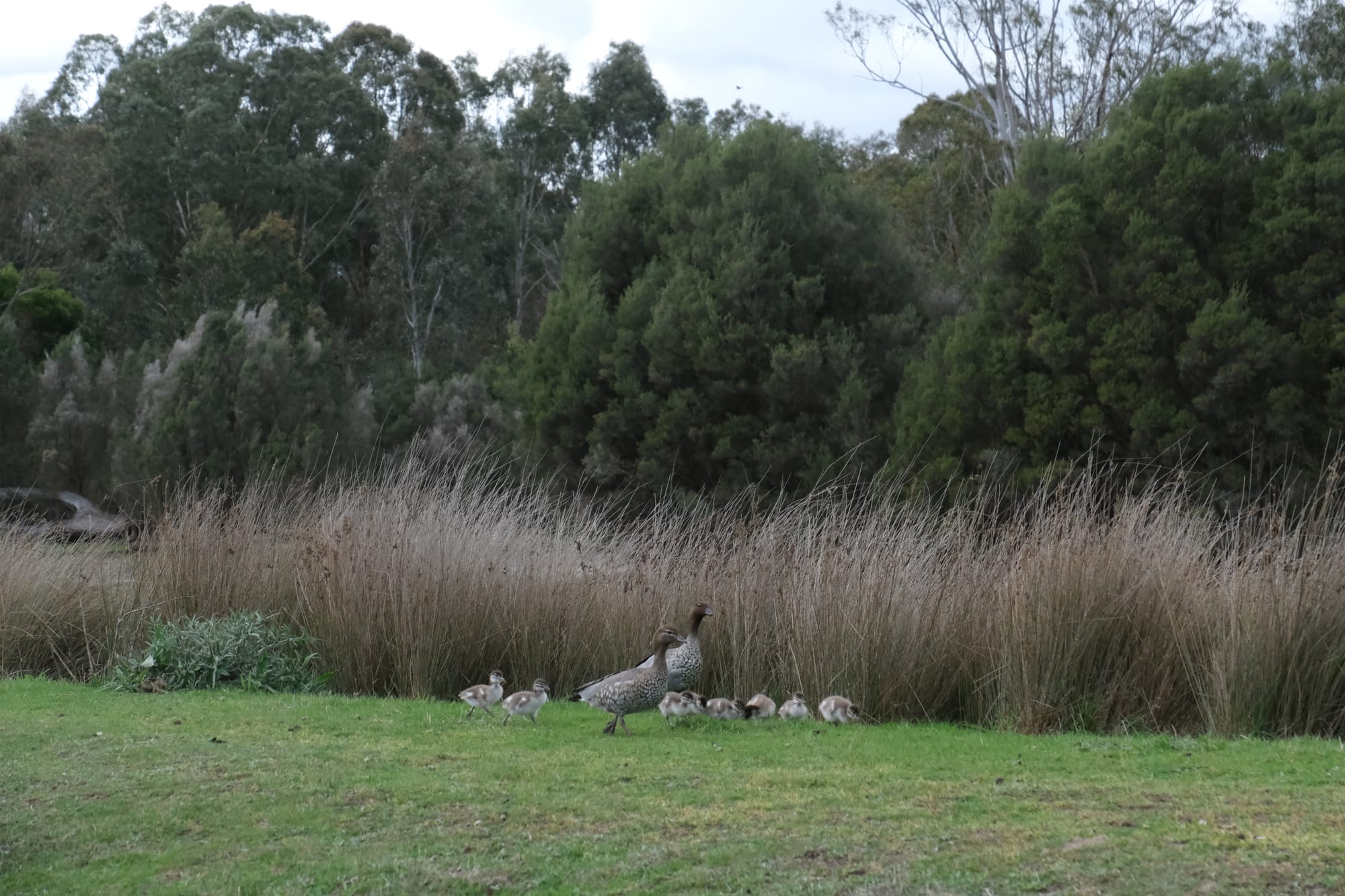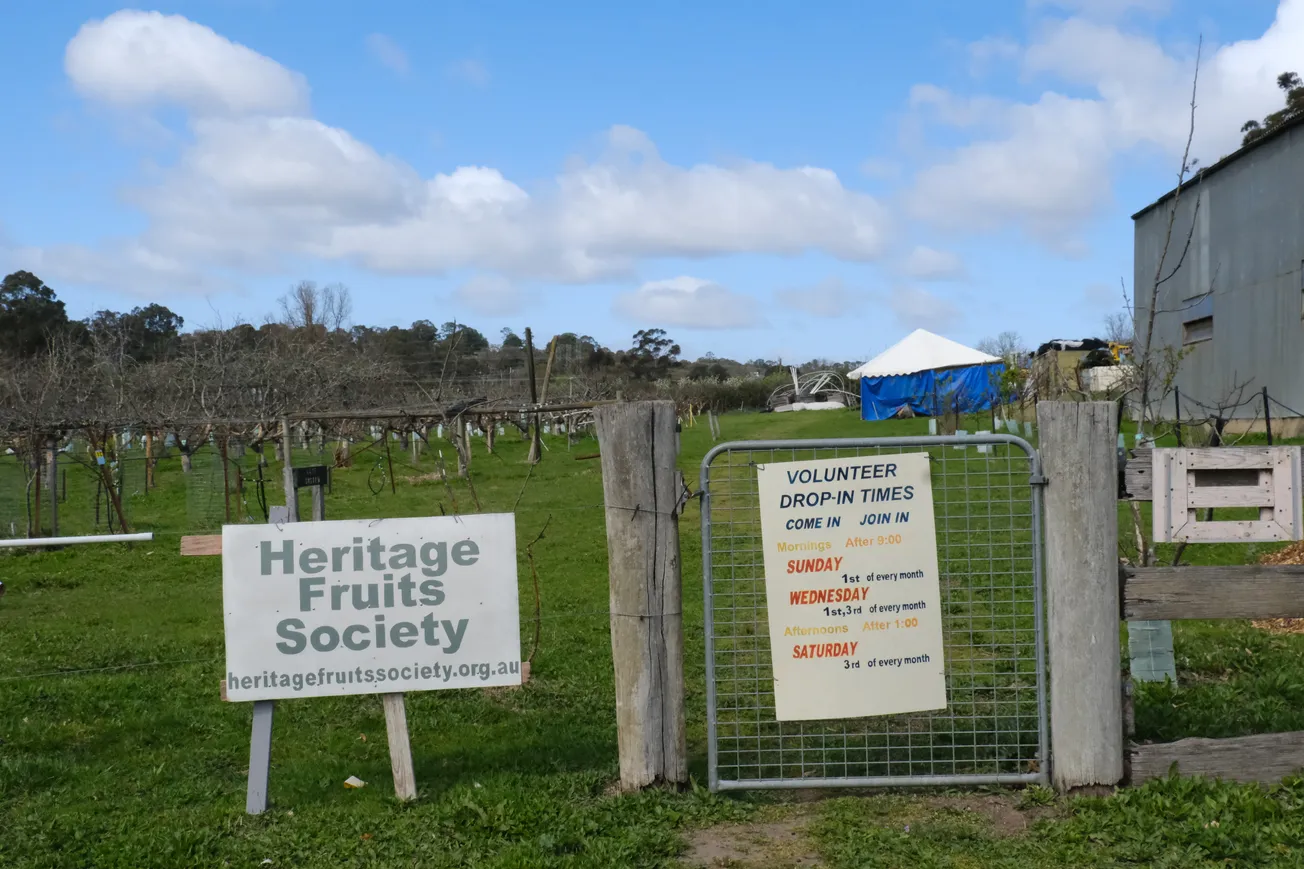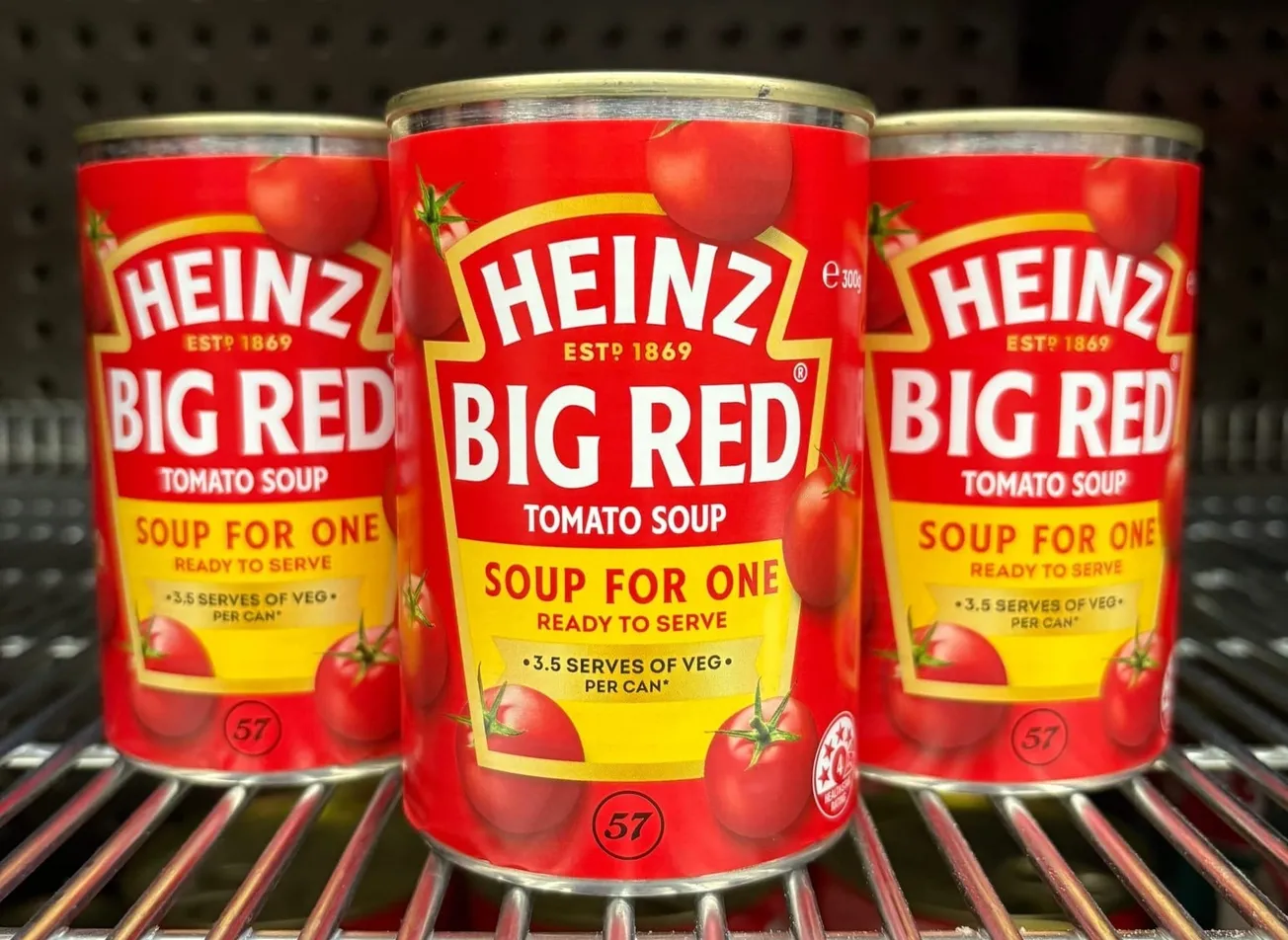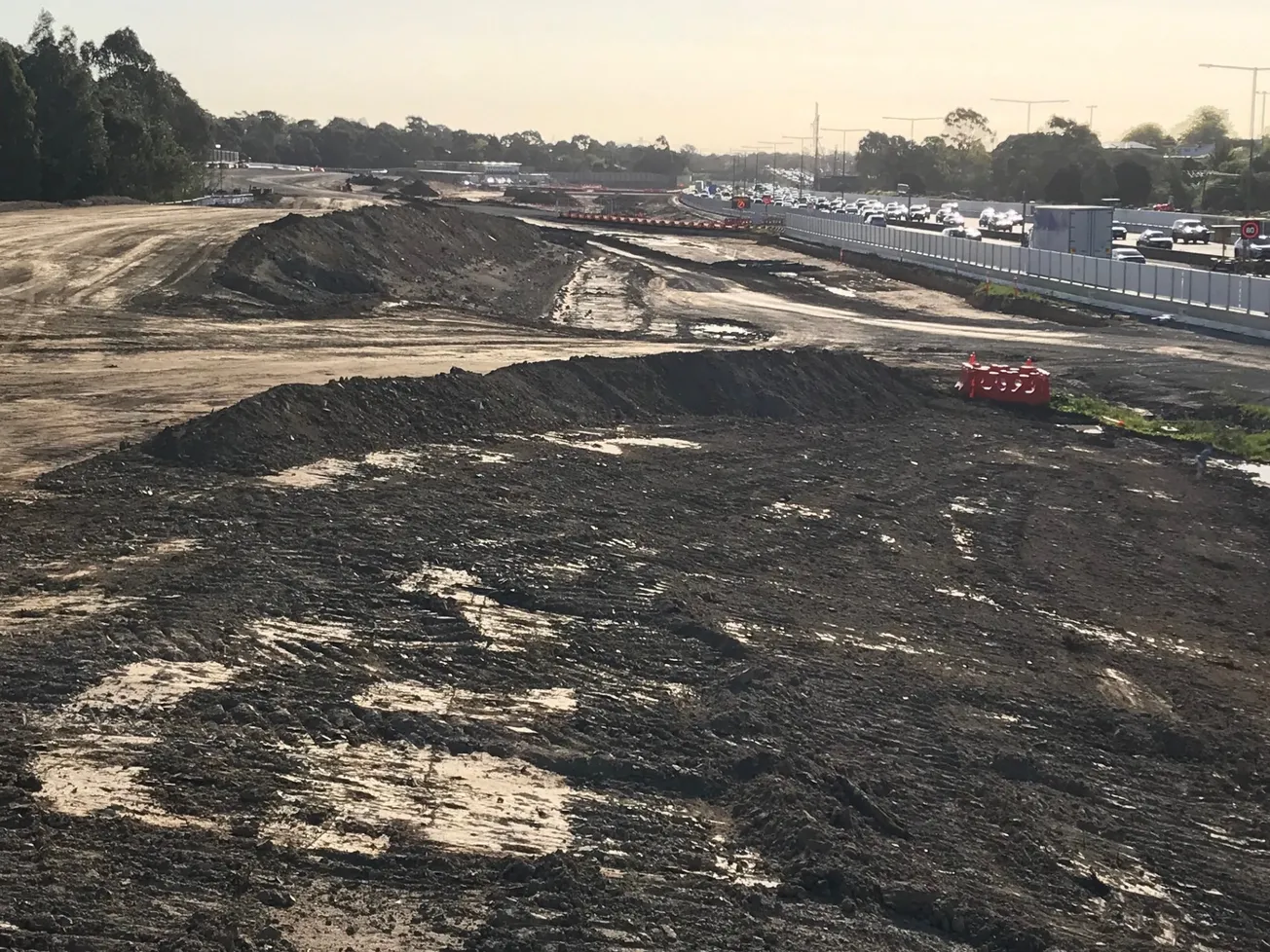Table of Contents
Petty’s Orchard, one of Melbourne’s oldest surviving apple and pear orchards, is now managed by Parks Victoria within the Yarra Valley Parklands.
It preserves more than 200 apple varieties, both heritage and modern, serving as a reminder of the region’s fruit-growing past and a hub for community education and ecological conservation.
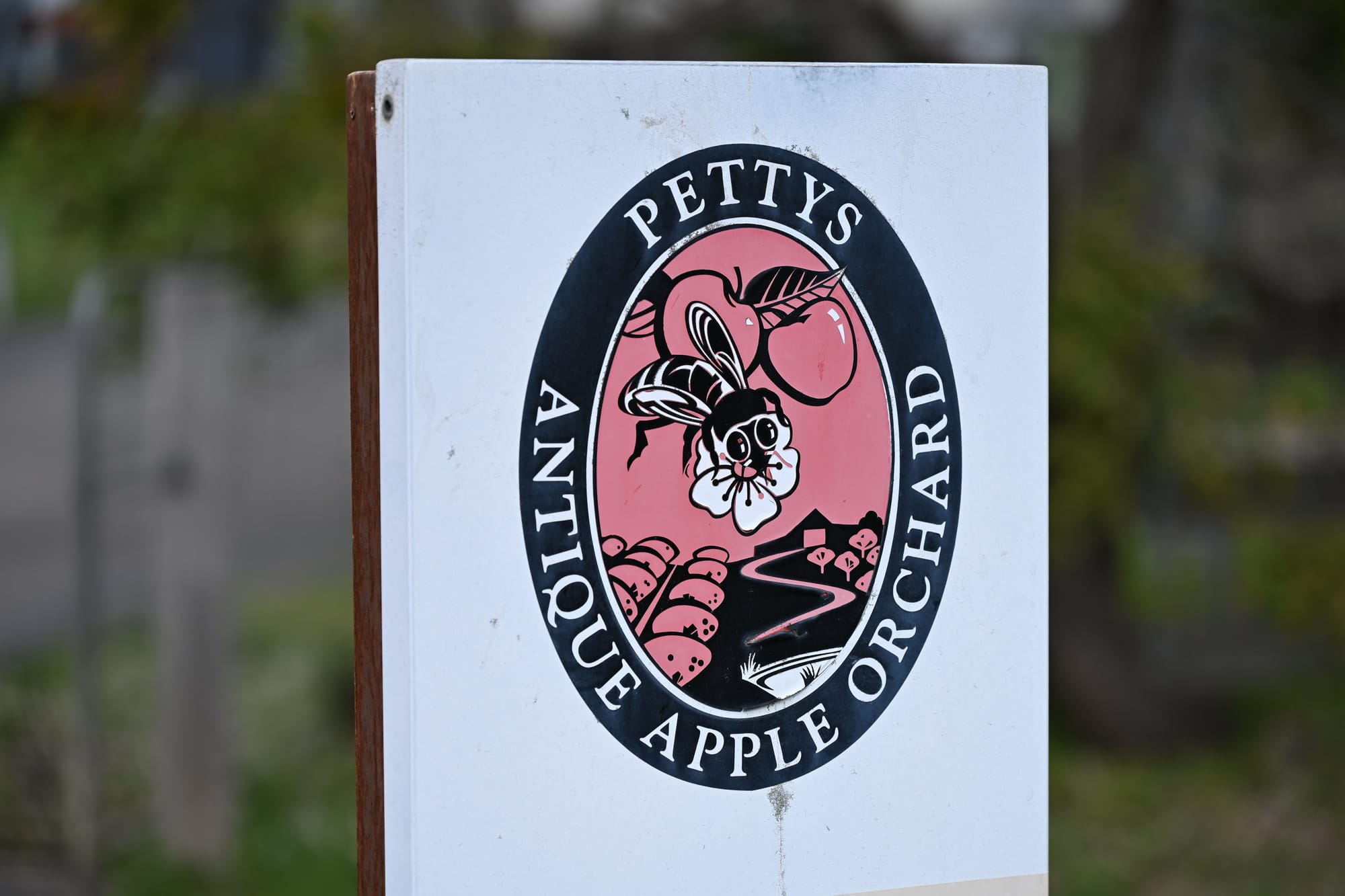
The orchard’s history stretches back to the late nineteenth century, when family farms such as the Groux property in King Street, Templestowe, relied on horse-drawn ploughs to work the land. By the early twentieth century, farming methods were beginning to modernise.
In 1908, the first motorised spray designed by Jack Russell was introduced. Two decades later, Frank Petty, nephew of orchard founder Tom Petty, invented the Petty plough.
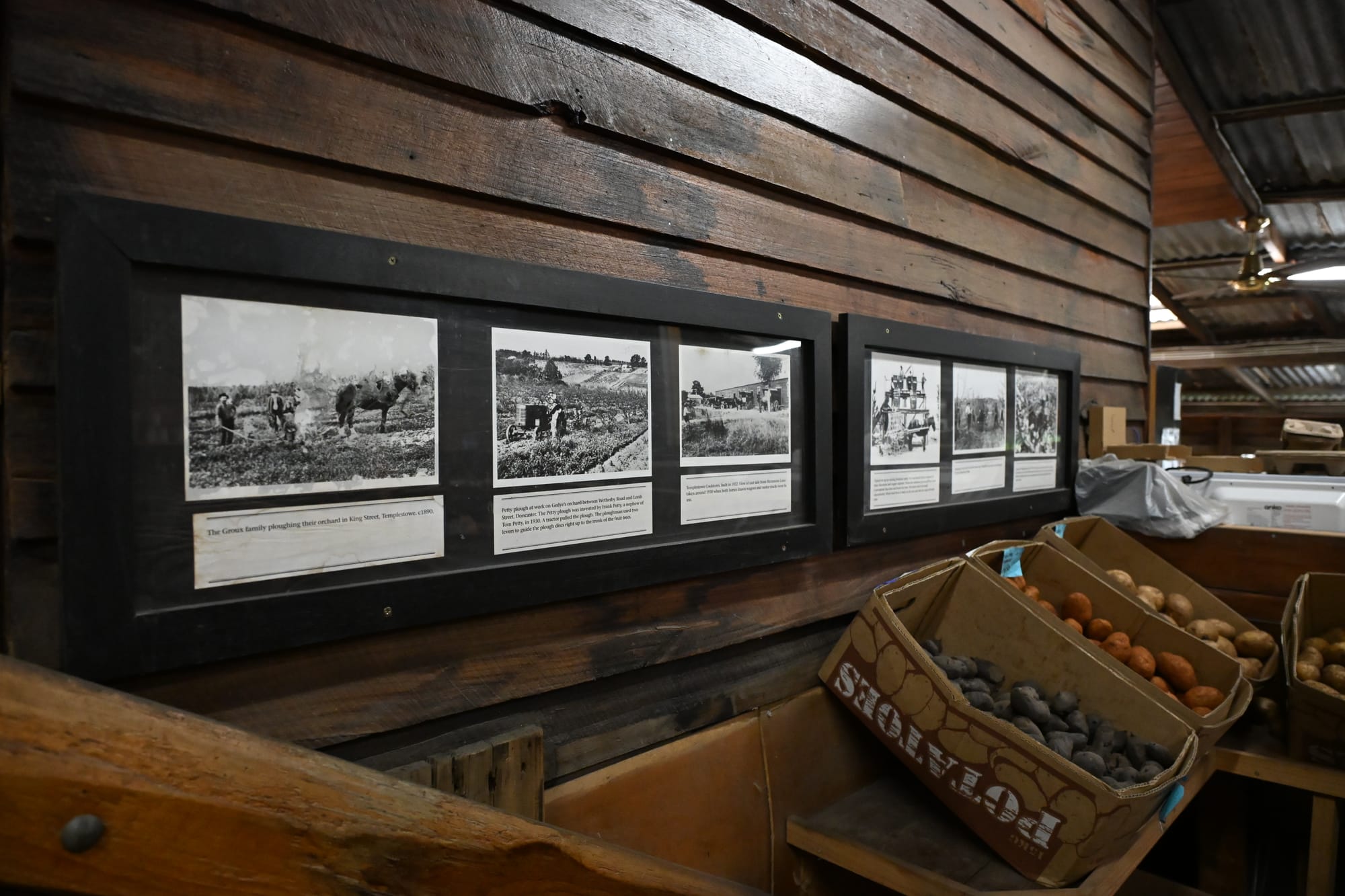
Pulled by a tractor, the device allowed farmers to cultivate close to tree trunks without damaging them, an innovation that quickly became a hallmark of the district’s orcharding tradition.
Industrialisation followed. The Templestowe Coolstores, built in 1922 on Fitzsimons Lane, extended the life of harvested fruit and signalled a shift toward large-scale production.
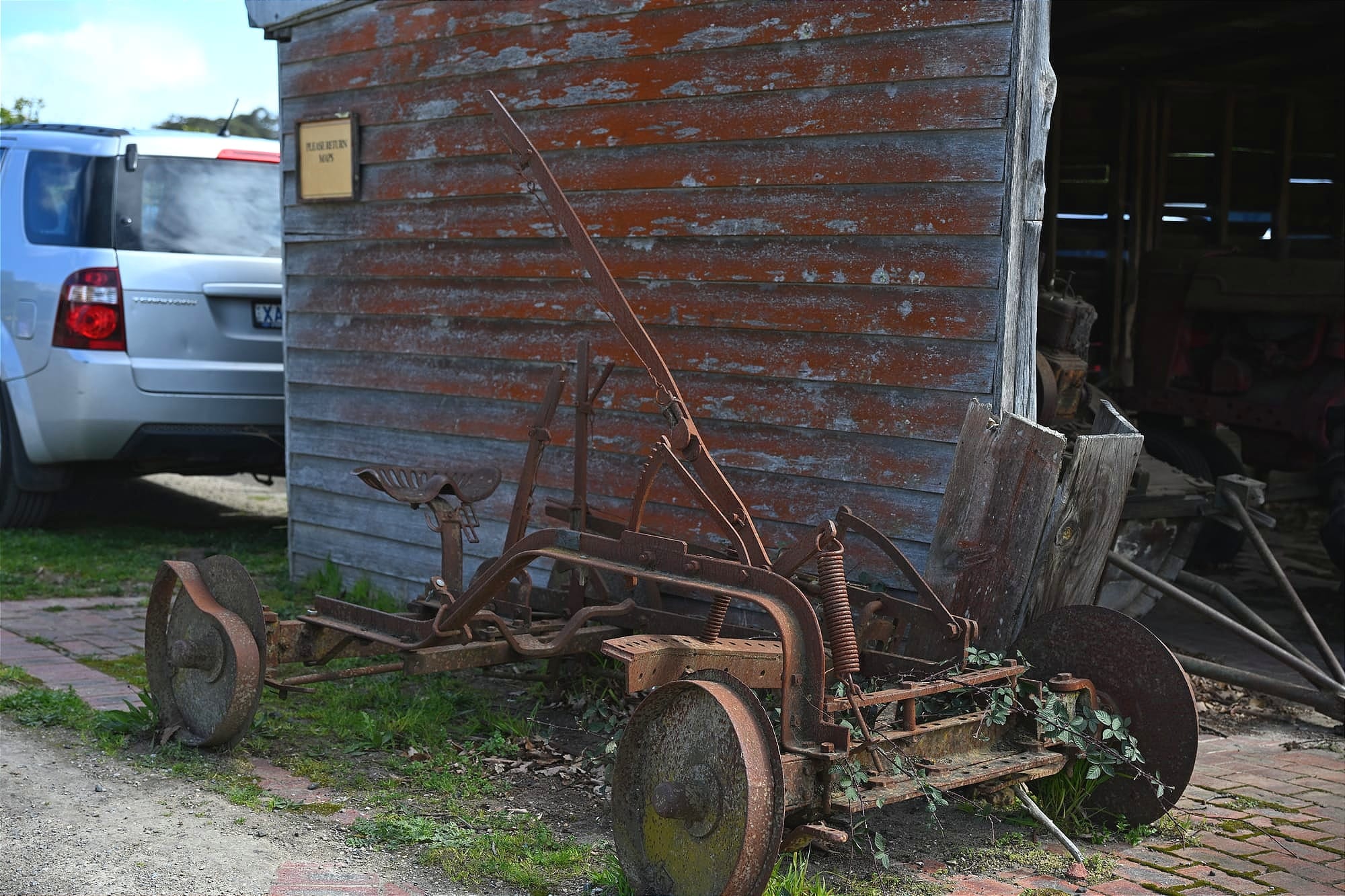
By the 1950s, orchard workers relied on “low jingle” carts, low-wheeled vehicles named for the jingling of their hubs, to move boxes of harvested apples and pears.
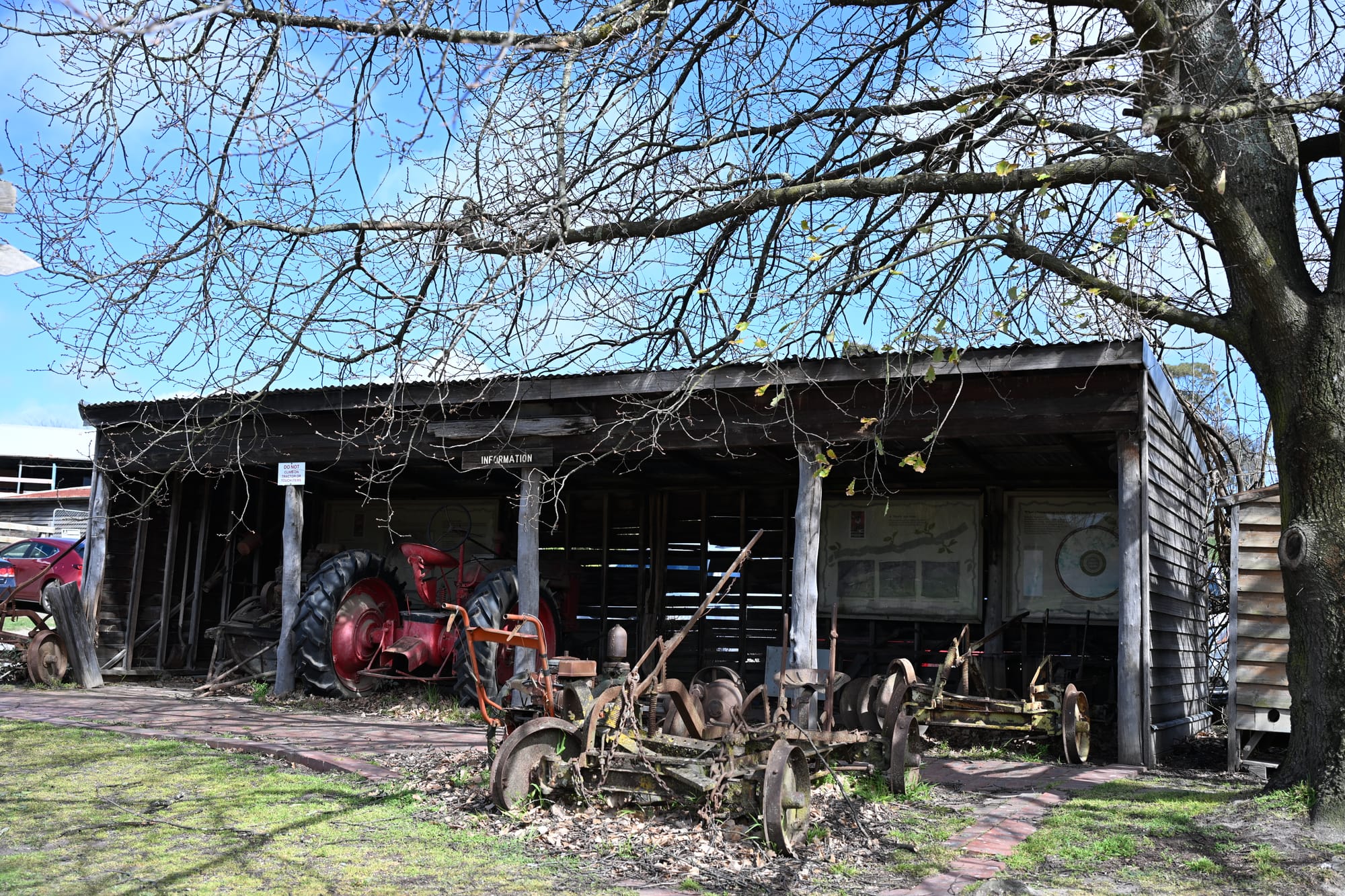
The landscape, however, was changing. Aerial photographs from 1931, 1974 and 1986, now displayed at the orchard, reveal how vast fruit-growing land was steadily replaced by suburban housing.
Petty’s Orchard endured that transformation, surviving as one of the last links to the district’s fruit-growing heritage and now offering visitors a living reminder of Melbourne’s agricultural roots.
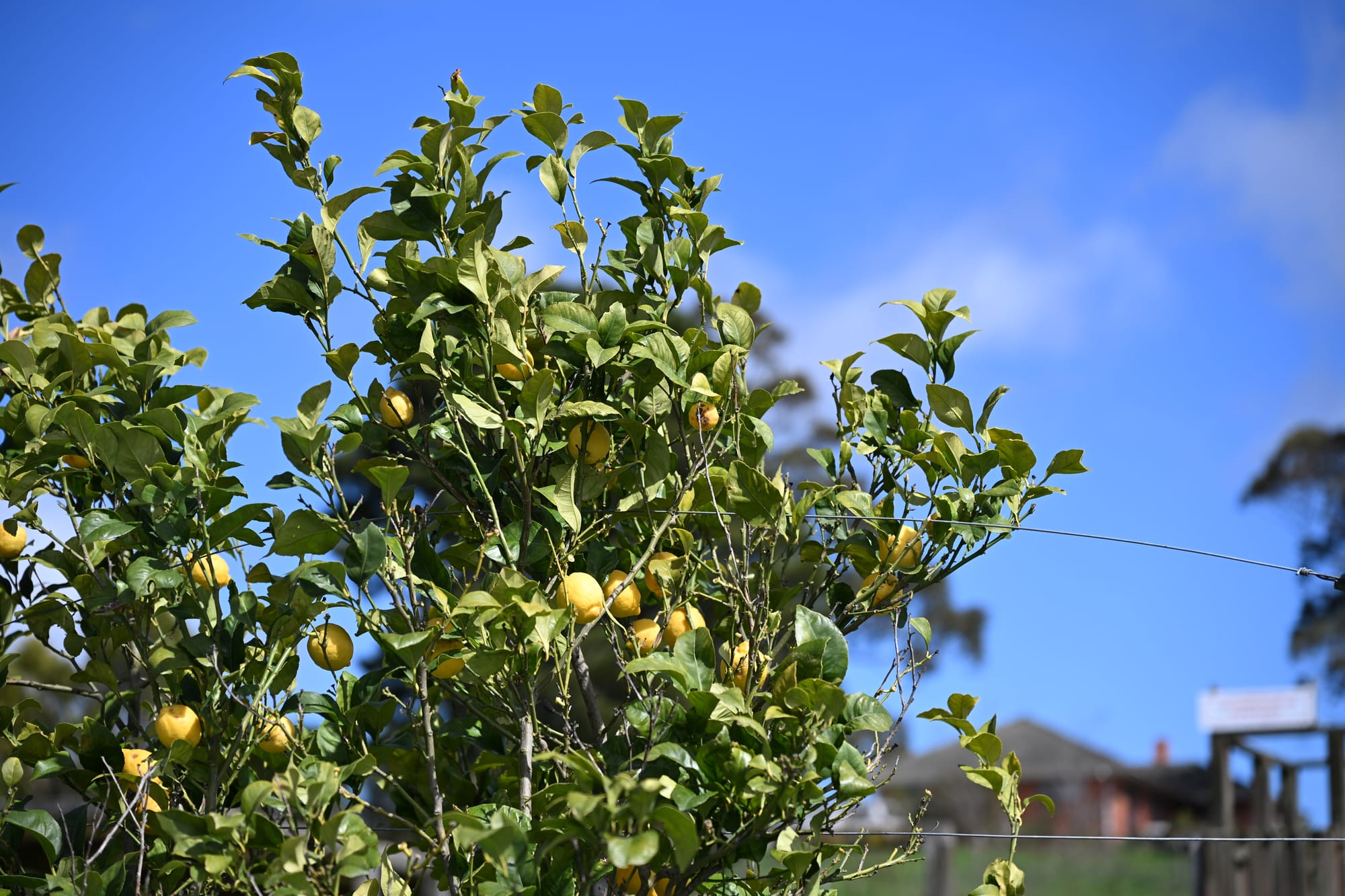
Today, the orchard is also supported by the Heritage Fruits Society, a volunteer group that maintains a demonstration block of more than 200 heritage apple and pear varieties. Many of these rare or old cultivars carry traits that help them withstand pests, diseases or changing climate conditions.
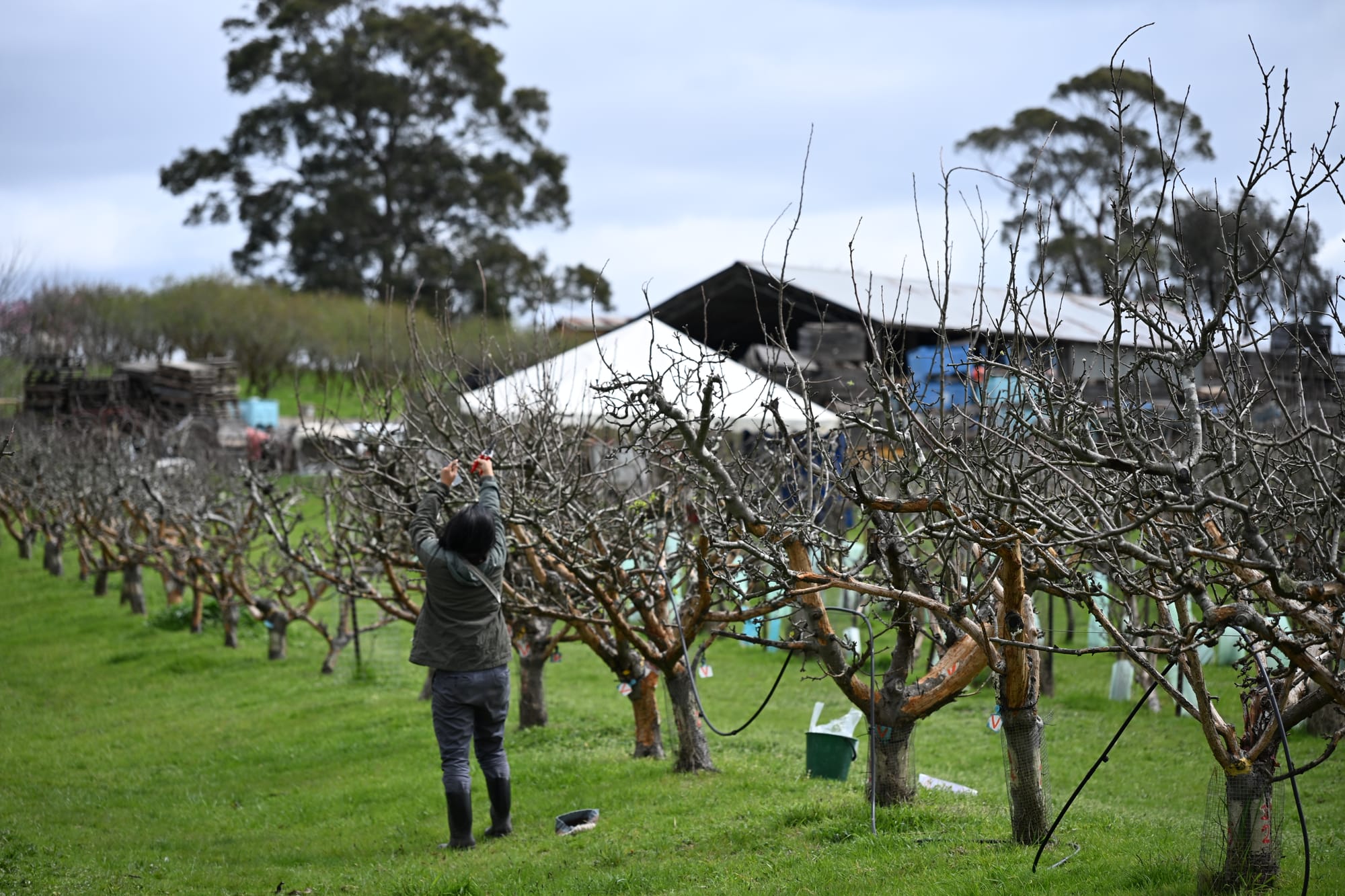
The society describes its collection as a “wild gene pool,” a living storehouse of genetic diversity that preserves fruit varieties long vanished from roadsides and backyard gardens across the city.
Beyond its trees, Petty’s Orchard gains significance from its setting. The orchard lies beside the Yarra River, part of a wider river and wetland corridor often called Melbourne’s “green artery.”
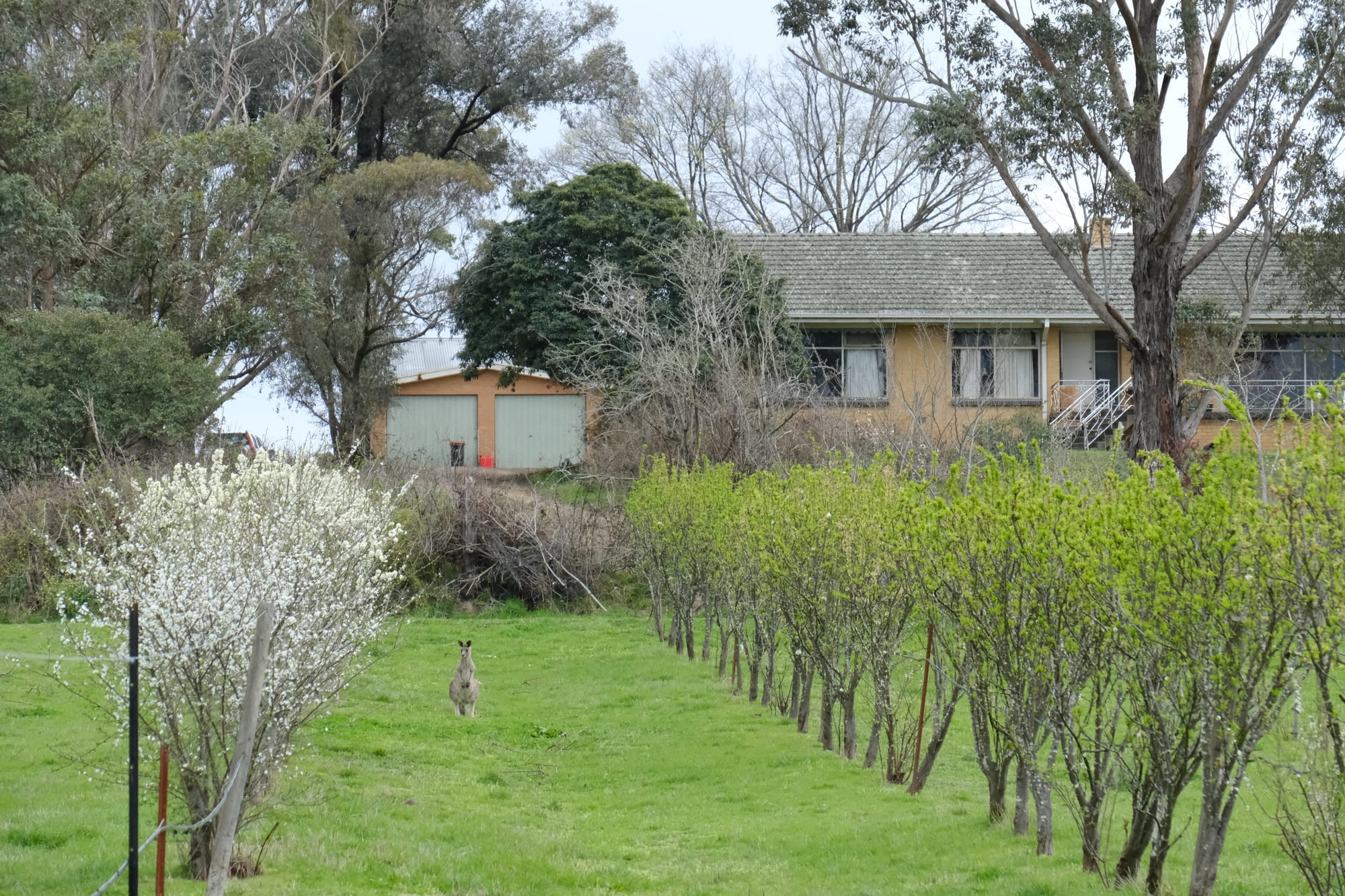
This landscape not only frames the scenery but also supports local biodiversity, from fish such as European perch to birdlife, amphibians and native plants. Because of this proximity, sustainable practices such as reducing pesticide use and keeping patches of vegetation undisturbed become especially important.

Spanning 44 hectares, the site combines a commercial organic orchard run by Yarra Organics with wetlands, remnants of old arboretum plantings, and a historic packing shed that hints at its long past.
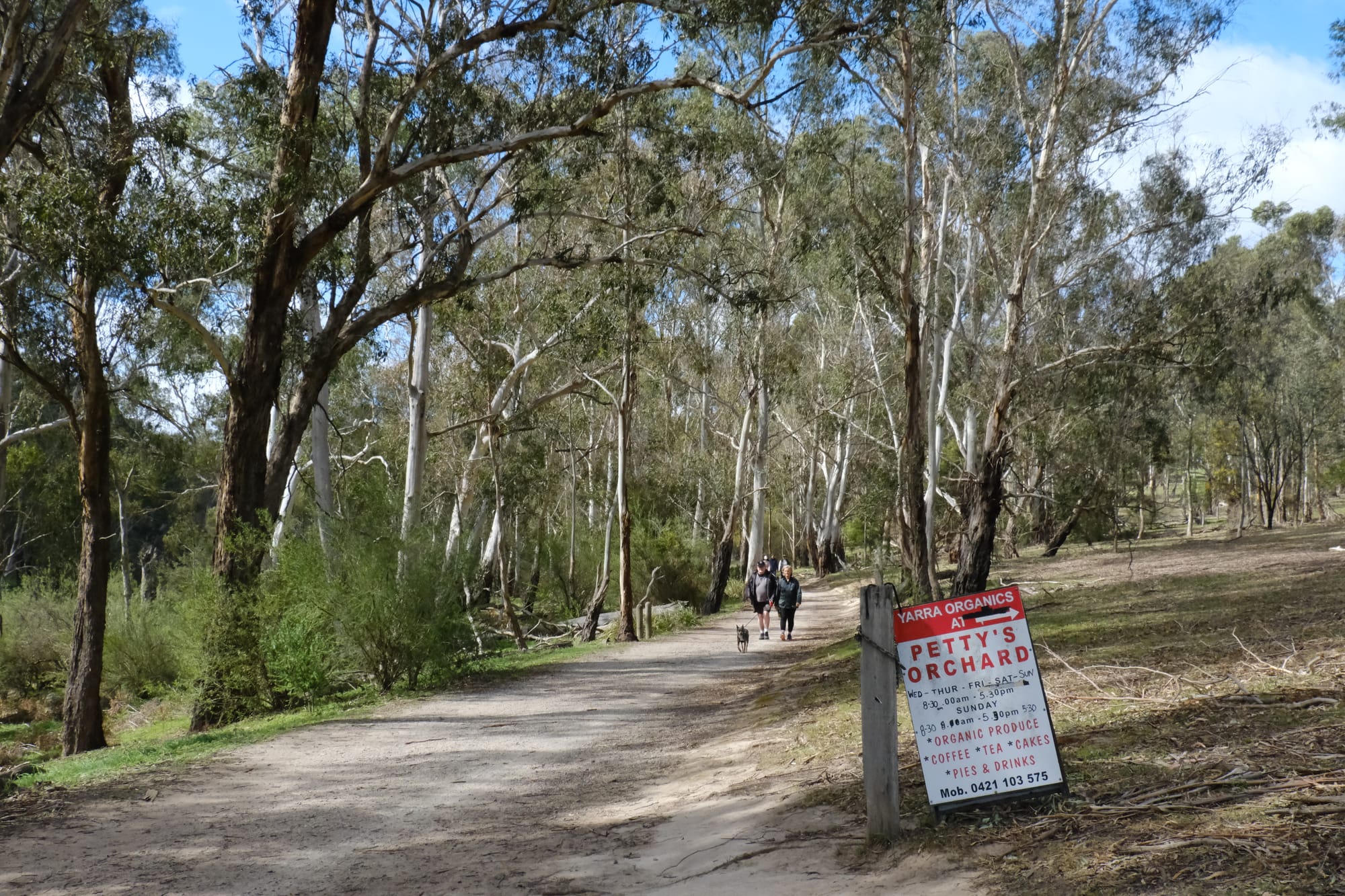
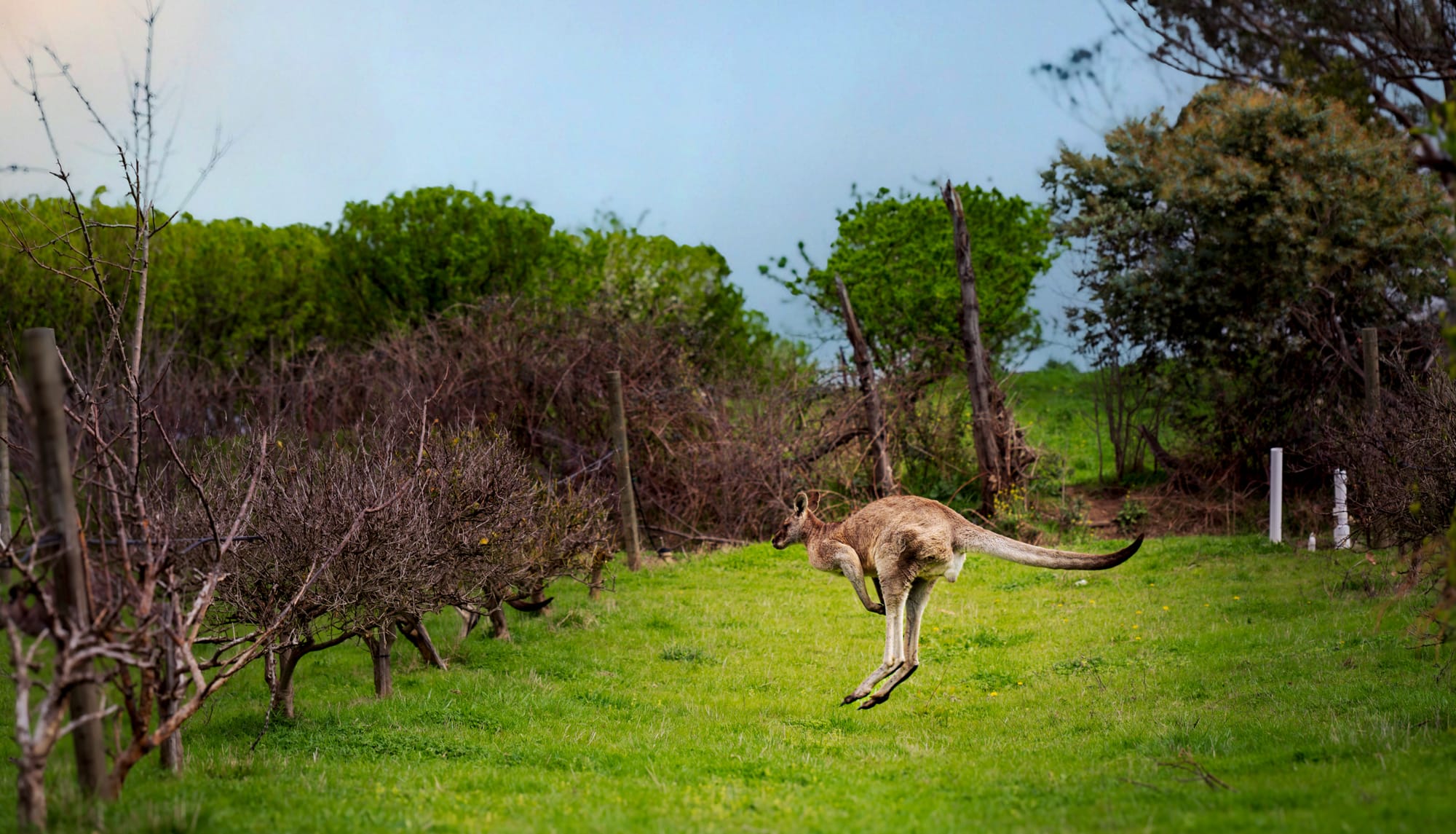
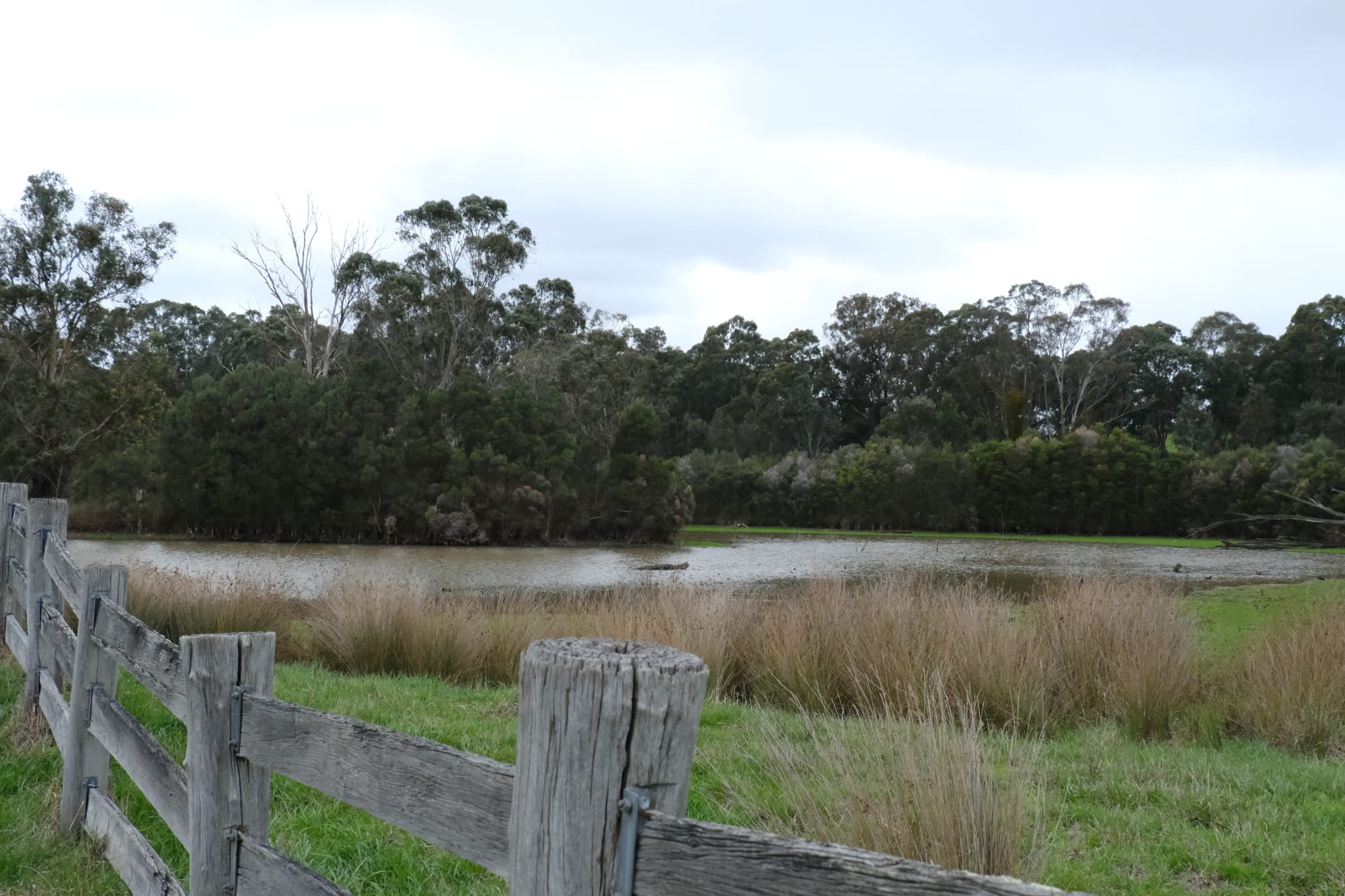
Today it is more than conservation: families walk their dogs along the river, cyclists pause on the trails, and kangaroos are sometimes seen grazing nearby. Petty’s Orchard has become a rare space where history, ecology and community life converge, offering both scientific value and everyday meaning.
